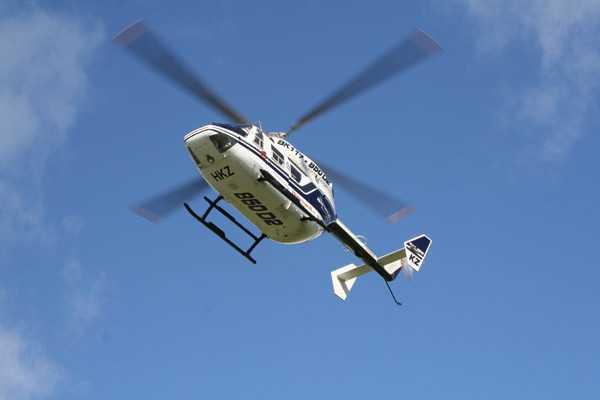Published on the 16/01/2017 | Written by Donovan Jackson

Getting results from digital initiatives depends more on culture, appetite for change and willingness to embrace disruption than it does on technology…
That’s especially true in heavily regulated industries which feature a degree of inertia which comes with ‘standard operating procedure’; upsetting the apple cart of ‘this is how we have always done things’ isn’t easy and it isn’t necessarily welcomed.
But that doesn’t mean there isn’t room for innovation, said Malcolm Cole, Senior BI Specialist at aviation operator Airwork New Zealand.
“From aviation perspective, we’re going through major changes and the big thing in achieving meaningful change is culture, really,” he confirmed.
Cole is presenting on the topic of integrating people, processes and culture at the 2017 BI Summit, taking place in Auckland on 13 and 14 February. His insights into ‘behind the terminal’ operations contrast with those of Shay Desai, who handles intelligence initiatives for passengers within Auckland International Airport.
While his career has seen exposure to various industries, he said highly regulated ones, like aviation, are somewhat ‘immunised environments’ which can give rise to a false sense of security from the pace of disruption and technologically-driven change.
“But what you actually have is a framework within you need to work to increase efficiencies and the use of technology. You have to overcome that inertia and accept that even as technology advances on a continual basis, legislation will lag.”
That means implementation of any new initiatives, such as the foundations from which better intelligence systems can be built, can face ‘artificial’ barriers. For example, Cole said the mooted introduction of EFB (Electronic Flight Bag), which digitise the paperwork which characterises a good part of a pilot’s duties away from the cockpit controls, is an obvious good idea.
That’s because digital information is faster, more efficient, is searchable and can be rapidly aggregated for analysis. It is the usual arguments for digitisation, in other words, of a paper-based process.
“It makes perfect sense, but implementing it isn’t a simple matter. There are different regulations around the world in respect of the use of technology within aircraft, for one thing. For another, pilots know and trust their paperwork. There are many agencies, like our CAA, around the world, some of which will throw up their hands in horror at the very suggestion of digitisation.”
And yet digitisation can make operations more efficient, it can improve aircraft maintenance and management and it can play a key role in safety (The manual for a Boeing 737 is a good 500 pages, said Cole, and if you need to find a specific entry in a hurry, you’d probably want a searchable digital version).
He said that the technological aspects, therefore, don’t present any real issues, as the vendor environment is pretty mature. Instead, he comes back to culture and willingness to change as the major determinants of successful projects, including those which deliver improved use of information. “In any organisation, you’re likely to have differing levels of enthusiasm for new technology, but the one word it always comes back to is ‘culture’.
“You need to engage to make the technology work, you need to manage stakeholders and help them understand that this will support their business, whether it is the Logistics team who need to manage inventory levels and movements, or Engineering who need to know when engines or components become due for service, or whether it is management who need a real-time overall view of the business.”
While there will always be a section of people who will want to retain manual ways of doing things, he said others will appreciate that digitised, information-driven systems save time and effort. “Those who are sick of manual processes can become your project evangelists and champions. When you can get people to a ‘eureka moment’ and they see that the technology works for them, you’re on the right track.”
Hear more from Malcolm Cole as he discusses the Airwork NZ case study at the upcoming 2017 Business Intelligence Summit.




























